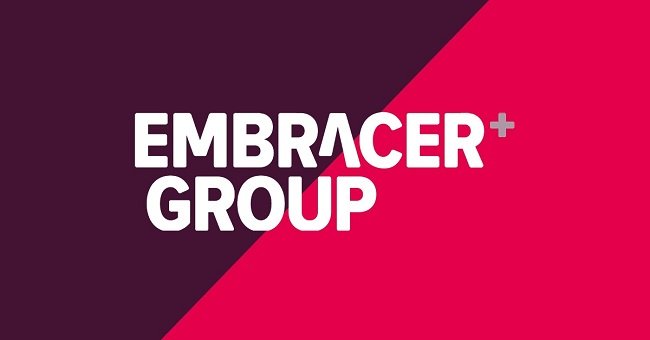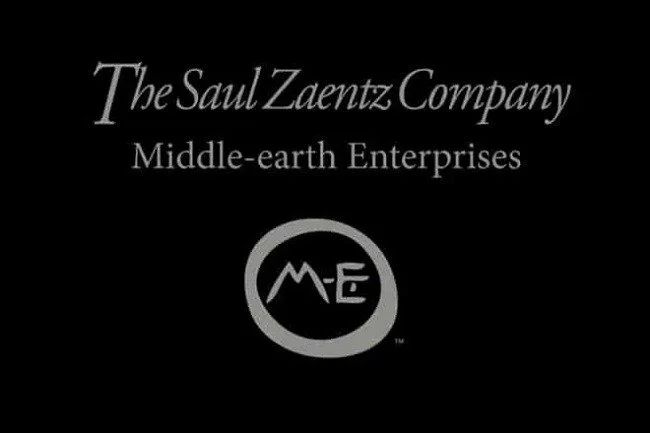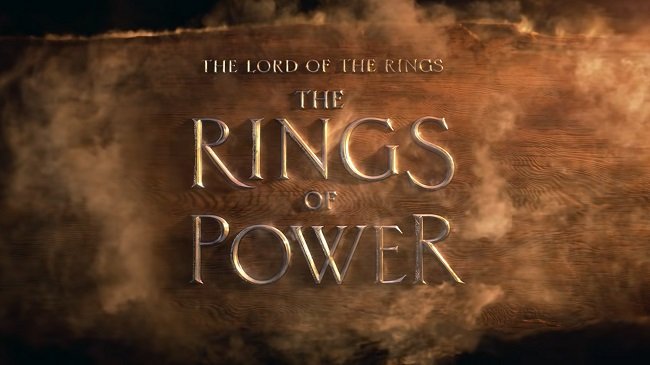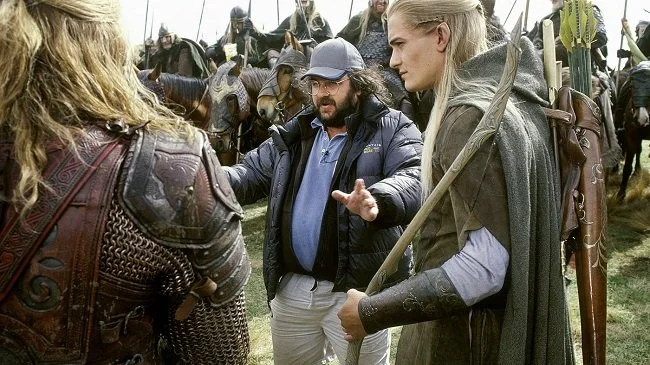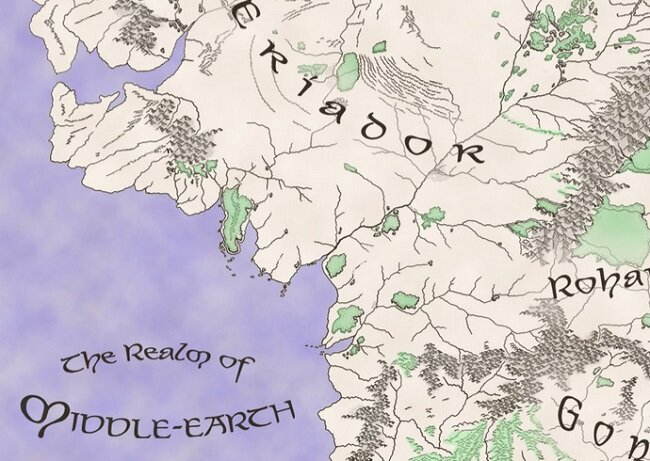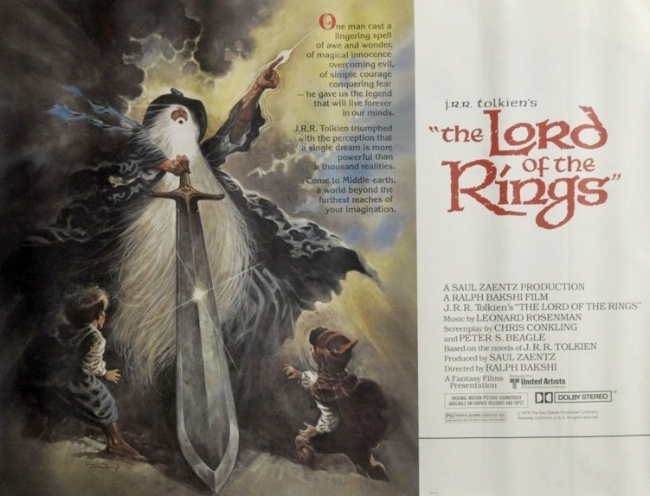Embracer Group Buys Middle-earth Enterprises
In February this year, I wrote a blog post about how Middle-earth Enterprises were seeking to auction off the various rights they hold for the works of J.R.R. Tolkien. Today the Embracer Group announced that it was buying these rights as part of an ongoing acquisition strategy. The Swedish video game and media holding company has also purchased Limited Run Games, Tripwire Interactive as well as Middle-earth Enterprises portfolio. They recently acquired premium titles such as Tomb Raider, Deus Ex, and Thief. The Embracer Group currently owns more than 100 studios including Borderlands developer Gearbox, Saber Interactive, and THQ Nordic. Saudi Arabia recently bought a $1 billion stake in Embracer, which is around 8% of the company’s total shares. Embracer’s recent purchasing spree comes months after it acquired Square Enix’s three major Western game studios. In a press release the cost of buying the right to Tolkien’s work is £653,000,000 ($786,000,000).
Middle-earth Enterprises was originally a division of The Saul Zaentz Company, a Hollywood production studio. In 1976 they bought all the rights associated with Tolkien’s literary work apart from the publication of the books which remained with Harper Collins. The acquisition was required to make the 1978 animated feature film version of The Lord of the Rings, directed by animator Ralph Bakshi. The initial purchase of rights also included the screenplay for John Boorman’s proposed live action adaptation of Tolkien’s iconic trilogy. Since then, any commercial undertaking seeking to use any of Tolkien’s intellectual property has been dependent upon a licensing arrangement with Middle-earth Enterprises. To date this has included motion pictures, video games, board games, theme parks, stage and wider merchandising. However, they do not cover television which falls outside of the scope of the rights.
Whenever there is a change of ownership of rights, it always tends to send a ripple of concern among companies that currently hold licences. Do those who now control the intellectual property intend to make any radical changes to the status quo. It is worth noting that during his lifetime Saul Zaentz who owned Middle-earth Enterprises was somewhat of a Tolkien purist. Hence apart from two cinematic trilogies and a handful of video games, Middle-earth related products and marketing has not become as ubiquitous as Star Wars or Marvel. However, after the death of Saul Zaentz in 2014 and Christopher Tolkien’s resignation from the Tolkien Estate in 2017, there seems to be a sea change in the positions of the various rights holders. Hence Amazon Prime secured the rights for a television show based upon the Appendices of The Lord of the Rings.
The Embracer Groups press release indicates that some ongoing projects will remain unaffected by the change of ownership. However, they also suggest that they have broader plans for the intellectual property they’ve acquired. “Key upcoming works set in Middle-earth, in which Middle-earth Enterprises has financial interests, include the much-heralded Amazon series The Lord of the Rings: Rings of Power which will premiere on September 2, 2022, set thousands of years before The Hobbit and The Lord of the Rings; the animated movie The Lord of the Rings: The War of the Rohirrim (Warner Bros), set for release in 2024, and the mobile game The Lord of the Rings: Heroes of Middle-earth (Electronic Arts).Other opportunities include exploring additional movies based on iconic characters such as Gandalf, Aragorn, Gollum, Galadriel, Eowyn and other characters from the literary works of J.R.R. Tolkien, and continue to provide new opportunities for fans to explore this fictive world through merchandising and other experiences”.
Naturally, as a long time player of the MMORPG The Lord of the Rings Online, I’m curious to see if this change in rights ownership will have an impact upon the game. At present LOTRO is developed by Standing Stone Games which is owned by Daybreak Game Company, which is in turn owned by Enad Global 7 (and not The Dave Clark Five). Recently after some changes in share ownership there may have been a reverse takeover and the former may own the latter. Regardless of this corporate structure, LOTRO is dependent upon a licence, previously from Middle-earth Enterprises. This was renewed circa 2017 and has not been raised since then by any party as a matter of concern. At present there are no obvious licensing issues for LOTRO and there appears to be a further expansion for the game in development. As ever, the best policy seems to be to watch, wait and enjoy the game for the present.




